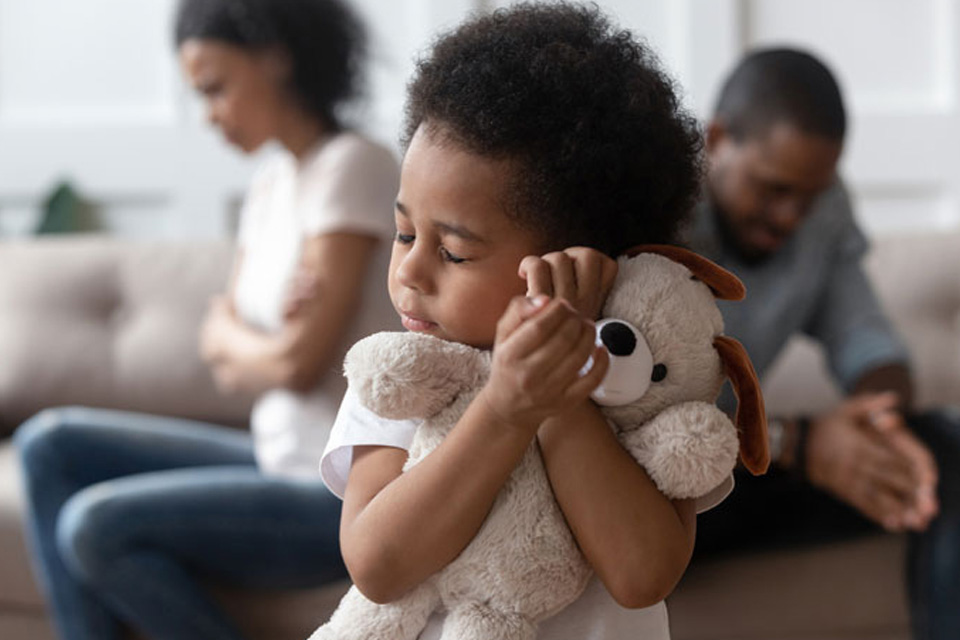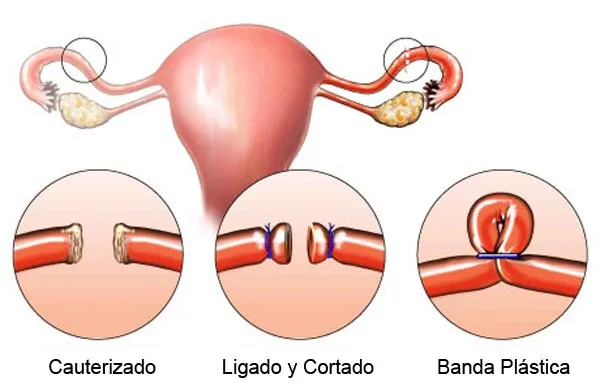Question:
Father, a sister of mine has just divorced and has left her home with her four young children. My nephews are very hurt by the situation and do not understand what has happened with their parents. My question is: can their parents’ divorce have any effect on them?
Answer:
Recent work confirms the adverse effects of divorce on children. A study released this month by a private center in the United States, the ‘National Bureau of Economic Research’ (NBER), examines the situation of children growing up in states where it’s easier to get a divorce.
In Is Making Divorce Easier Bad for Children? The Long Run Implications of Unilateral Divorce, Jonathan Gruber observes that in most American states divorce is now allowed unilaterally: one spouse can obtain a divorce without the consent of the other, based solely on marital incompatibility.
In the past, laws granted divorce only in specific cases, such as infidelity and physical abuse, and when there was mutual agreement. These old laws were often viewed as a financial and emotional burden on divorcing couples, leading to the introduction of no-fault divorce in the late 1960s and early 1970s.
The NBER research foundation indicated that unilateral divorce regulations have significantly increased the rate of adults in divorce, by 11.6%, and of children living with a divorced parent. In fact, among children, the probability of living with a divorced mother was 14.5% greater than with previous laws and 11.1% greater than living with a divorced father.
Gruber calculated the impact of this easy divorce on the well-being of children. He compared the circumstances of adults in the case of children from states where unilateral divorce was possible, compared to children living in states where it was not allowed. He discovered that the situation of children who lived in places where no-fault divorce is possible was worse for several reasons. They have a lower education, with a special increase in the probability of dropping out. They also live in low-income families.
The effects on marriage are especially interesting. Children who live in states where divorce is easier are more likely to marry earlier, but these early marriages more often end in separation.
Gruber concluded that there are two main factors of the “no-fault divorce” that affect children: an increased likelihood of a child living in a family of divorcees, and a change in the negotiating power of the two spouses, even in couples who do not separate. Freed from the obligation to reach a mutual agreement on whether to divorce or not, the parent who wants to end the marriage can take actions that are more beneficial for himself and less for the other and for their children.
One million children affected per year
The ‘Washington Times’, in an article published this week (February 20, 2001), indicated that one million children and youth in the United States become children of divorced each year, according to the National Center for Health Statistics.
The newspaper quoted Dr. Michael Katz, a clinical psychologist in Southfield, Michigan, who has worked with the children of divorcees for 30 years. Katz commented that these children regularly exhibit four typical negative behaviors: they lie excessively, they have a low learning level, lack of responsibility for their own behavior and difficulty concentrating.
While many children, regardless of their prior preparation, may exhibit these behaviors, Dr. Katz said that the children of divorcees resist many traditional forms of therapy and family discipline.
In any case, some argue that it is better for children that their parents get divorced, so that they leave a family environment full of tension and conflict. But another recent study disputes this argument.
Paul R. Amato – in an article titled ‘What Children Learn From Divorce’, in ‘Population Today’ (January), publication of the ‘Population Research Bureau’- stated that although it is well known that those who experience a divorce from parents run a high risk of their own marriages failing, no explanation for this behavior has been found.
In order to examine the matter, Amato and other researchers have conducted a study, started in 1980, based on a sample of 2,034 married people. The cases of 335 people, married for the first time, were analyzed, thus 68 of these people had suffered a divorce from their parents. Another 75 had experienced high levels of marital discord in childhood, but had not had the experience of a divorce by their parents. These people were compared to 192 adult children who had not experienced either a divorce from the parents, nor high levels of discord while their parents were married. Of the 335 adult children who had married, 66 divorced before 1997.
The results show that the intention to divorce among people was high in cases where the parents had had a discordant marriage or ended in divorce. The current divorce rate among adults, in any case, rose only if the parents had divorced.
The article concludes by noting that the research suggests that it is the termination of marriage, rather than the difficulty in family relationships that precede the dissolution of marriage, that which affects the subsequent marital stability of adults, and that their transmission occurs mainly because of the ability of these adults to commit to a marital stay is undermined.
Marriage Statement
Faced with growing evidence showing the detrimental effects of divorce, religious leaders in the United States issued a joint statement on marriage last November. The document ‘A Christian Declaration on Marriage’ was signed by Bishop Anthony O’Connell, chairman of the Committee on Marriage and Family Life of the Catholic Episcopal Conference of the United States; Richard Land, chairman of the Ethics and Religious Freedom Commission of the Southern Baptist Convention; Robert Edgar, general secretary of the National Council of the Churches of Christ; and Bishop Kevin Mannoia, president of the National Association of Evangelicals
The statement affirms that ‘we believe that marriage is the holy union of a man and a woman in which they commit themselves, with God’s help, to build a loving, dedicated, and faithful relationship that will last a lifetime.’
It also states that ‘couples, churches and the whole of society have an interest in the welfare of marriages. Each, therefore, has its own obligations in the preparation, strengthening, support and resumption of marriages.
These leaders indicated that three-quarters of marriages in the United States are celebrated by the clergy. Therefore, the churches are in a privileged position to call for a stronger commitment in marriage union, and are also in a position to provide ‘ministers who have experience and can influence to reverse the course of today’s culture.
However, this ecumenical effort in promoting marriage was ruined by the announcement, shortly after the publication of the document, that Robert Edgar, general secretary of the National Council of The Churches, would withdraw his signature. According to the Associated Press (17 November), Edgar made this decision because he thought the document could be interpreted as an attack on homosexual couples.
According to AP, the member churches of the National Council of Churches were divided on the subject of same-sex marriages and homosexuality, and the council did not have an official stance on it. But the council supports civil rights for gays, lesbians, bisexuals and transgender people.
If not even the Christian Churches can unite in the defense of marriage, it cannot be surprising that secular society and contemporary culture are hostile to the traditional family. It is to be hoped that the continuation of the researchers’ studies will finally convince public opinion of the destructive power of divorce and this will lead to a change in current laws.
Fr. Miguel A. Fuentes, IVE
Original Post: Here
Other Post: Can absolution be denied to someone who is not married in the Church?














